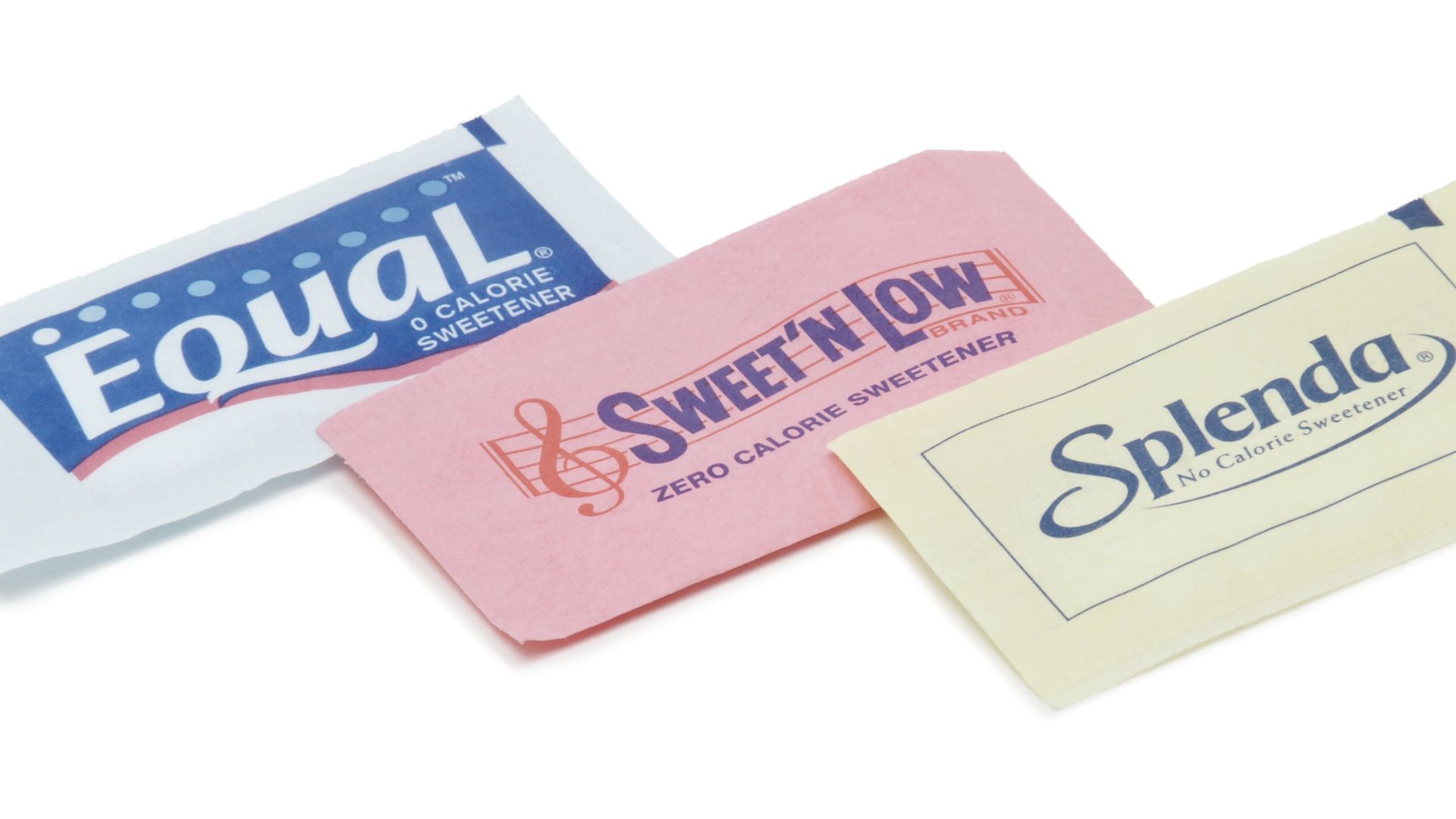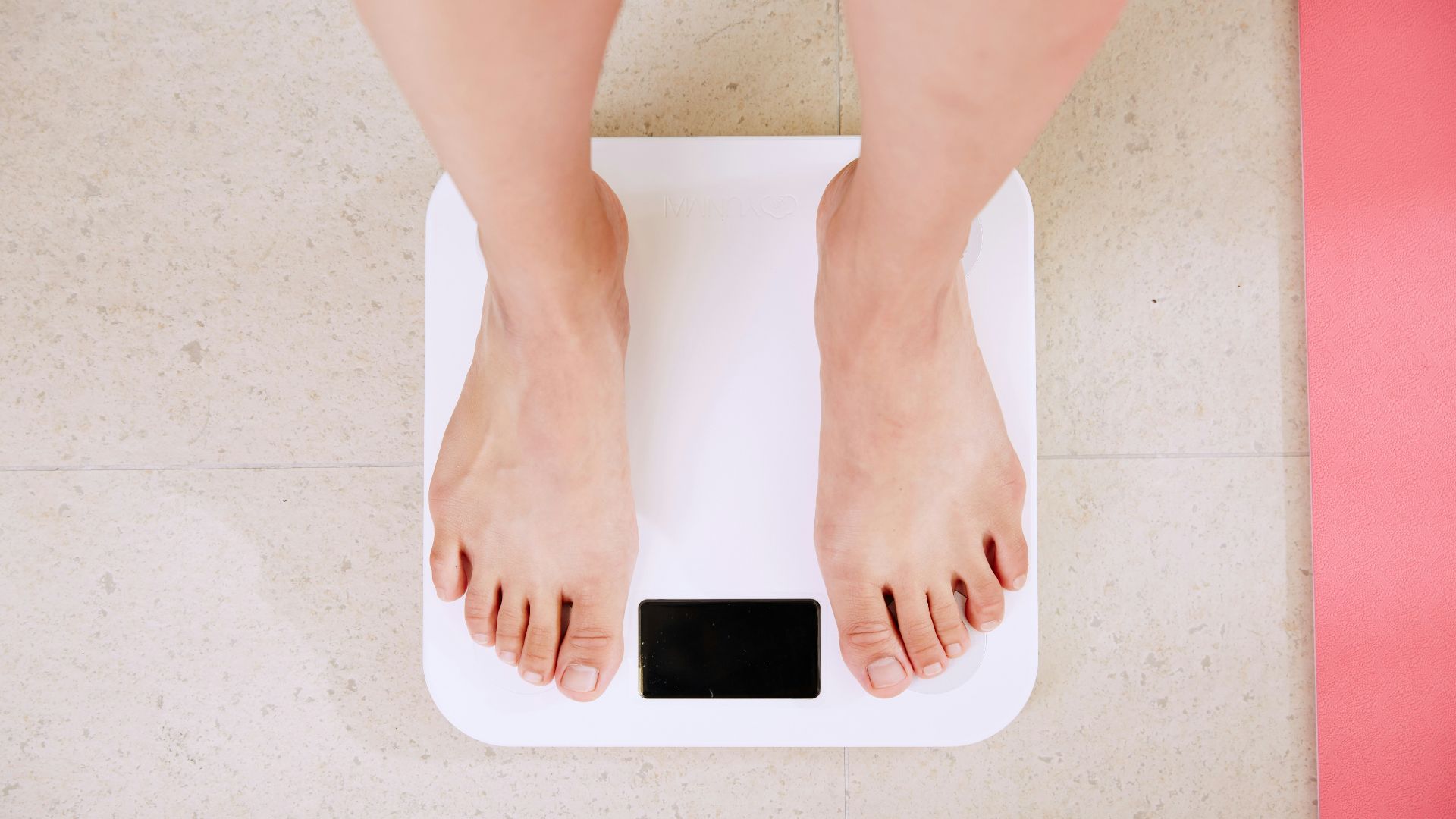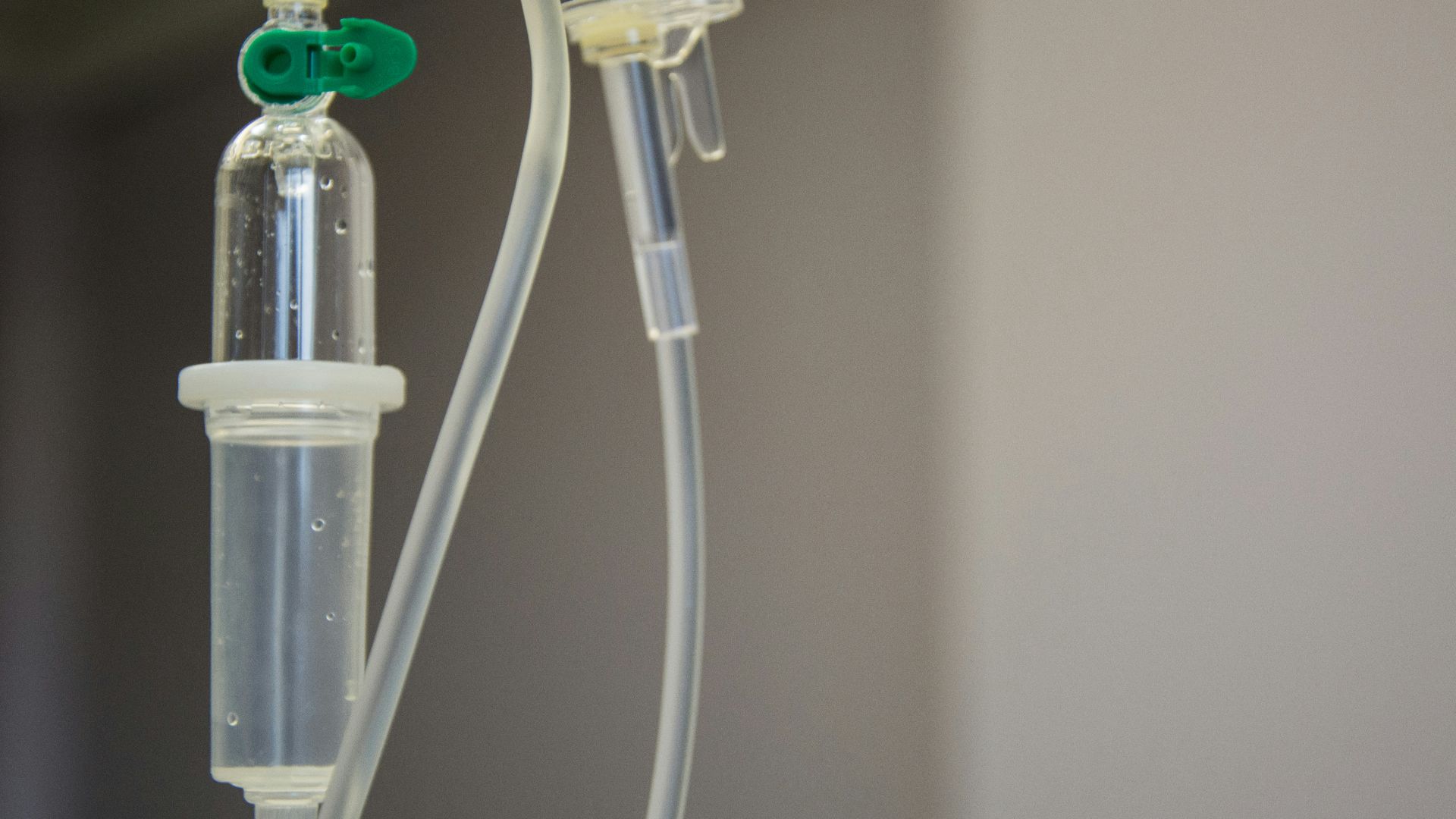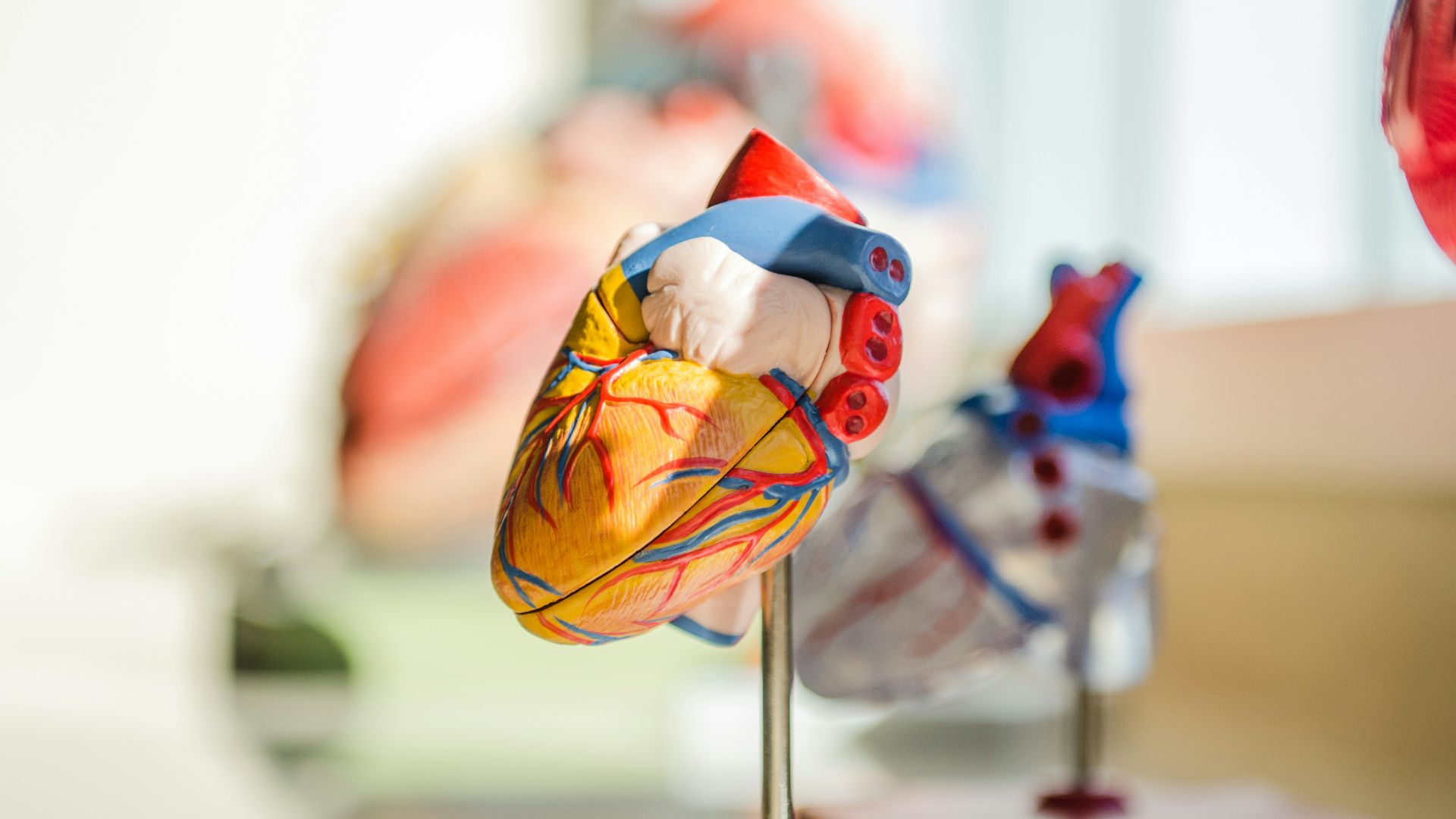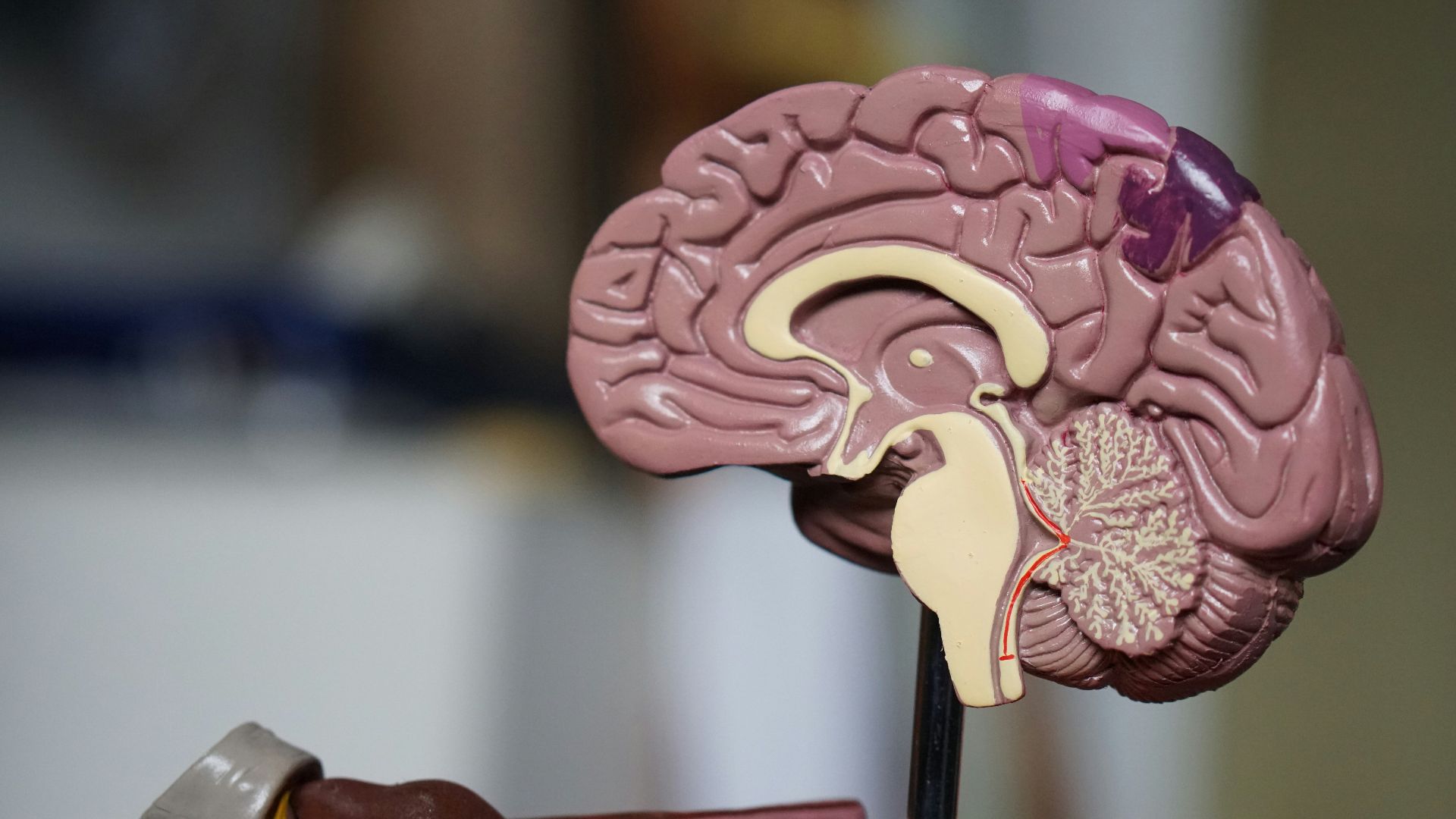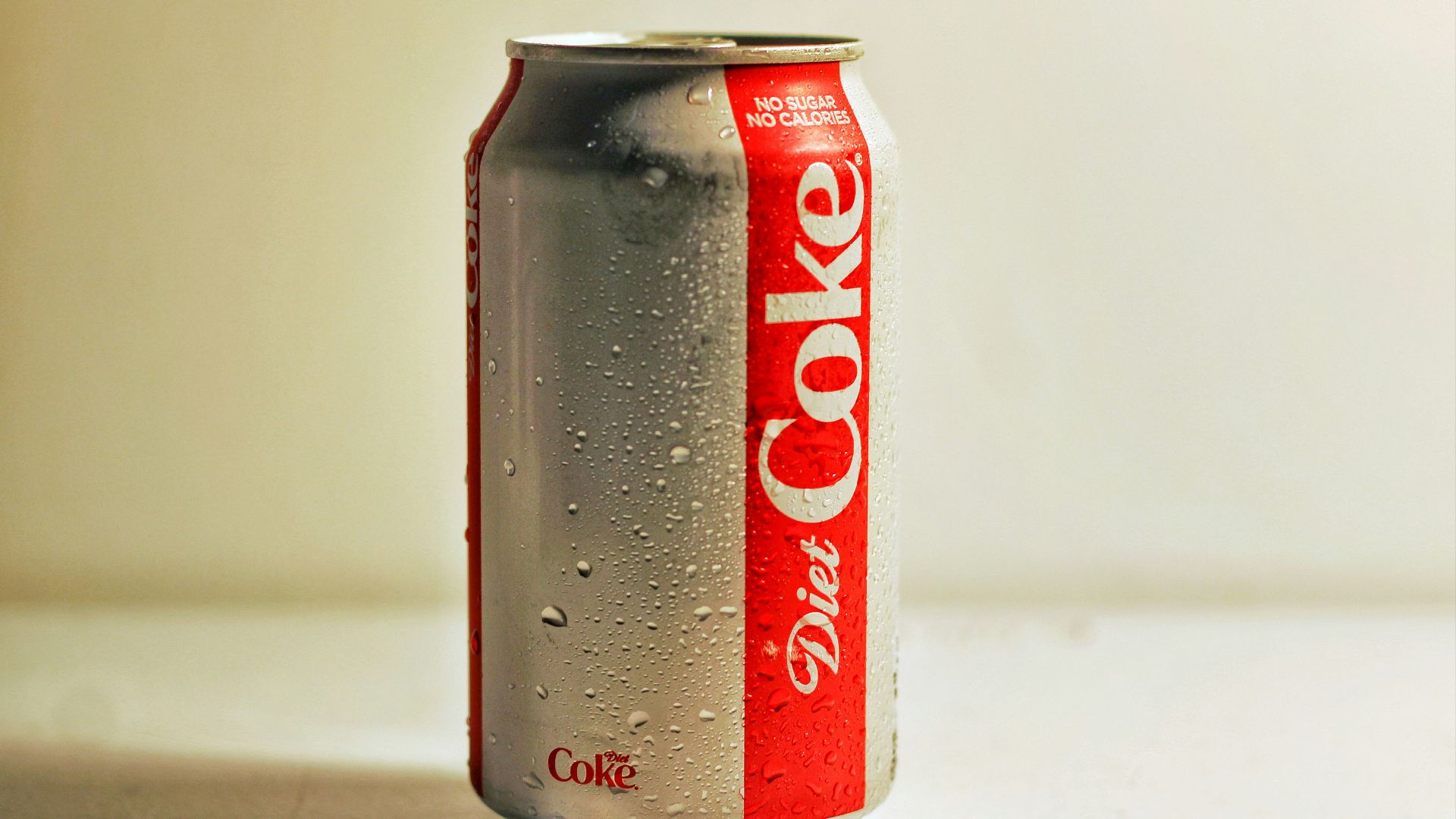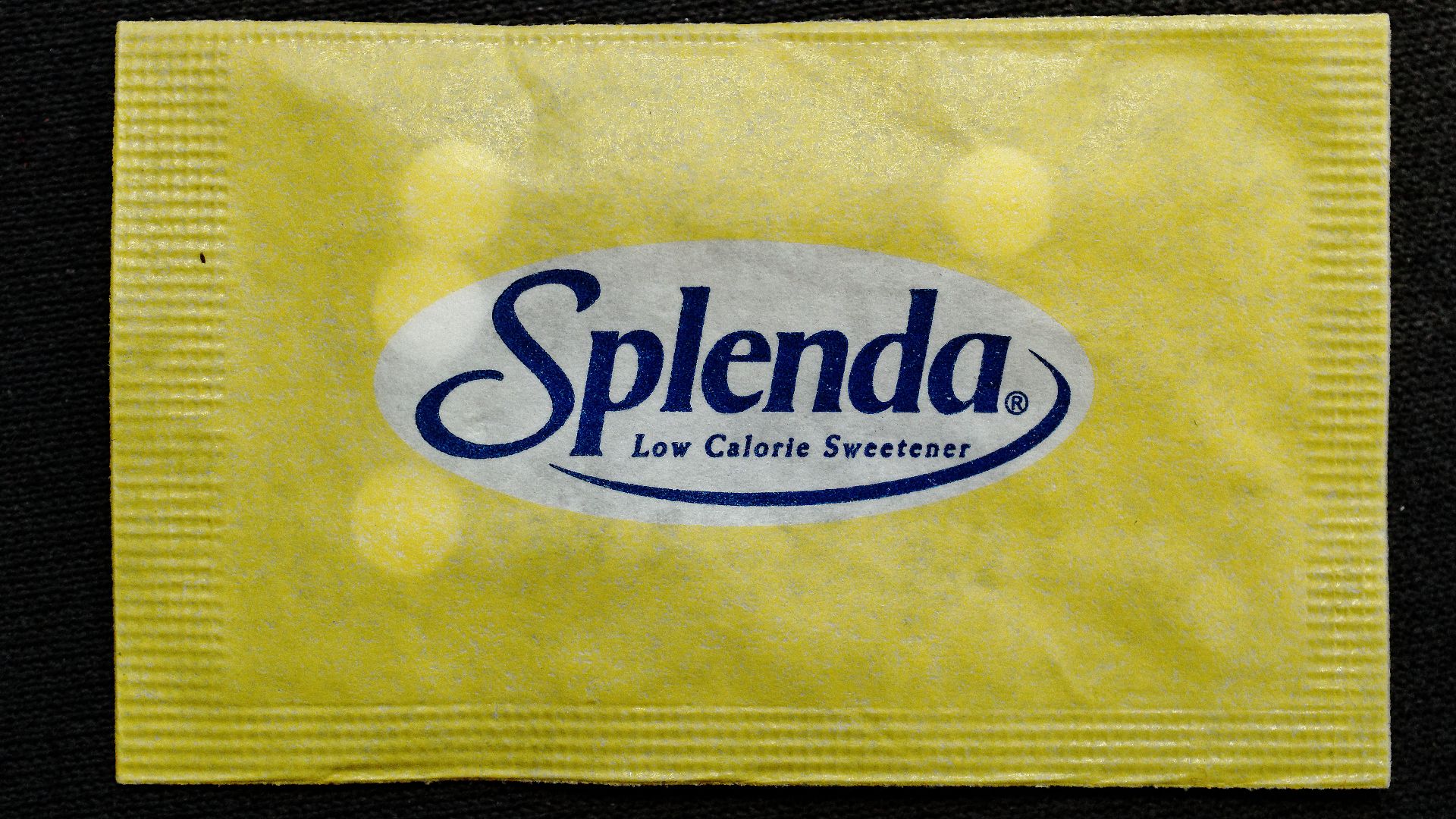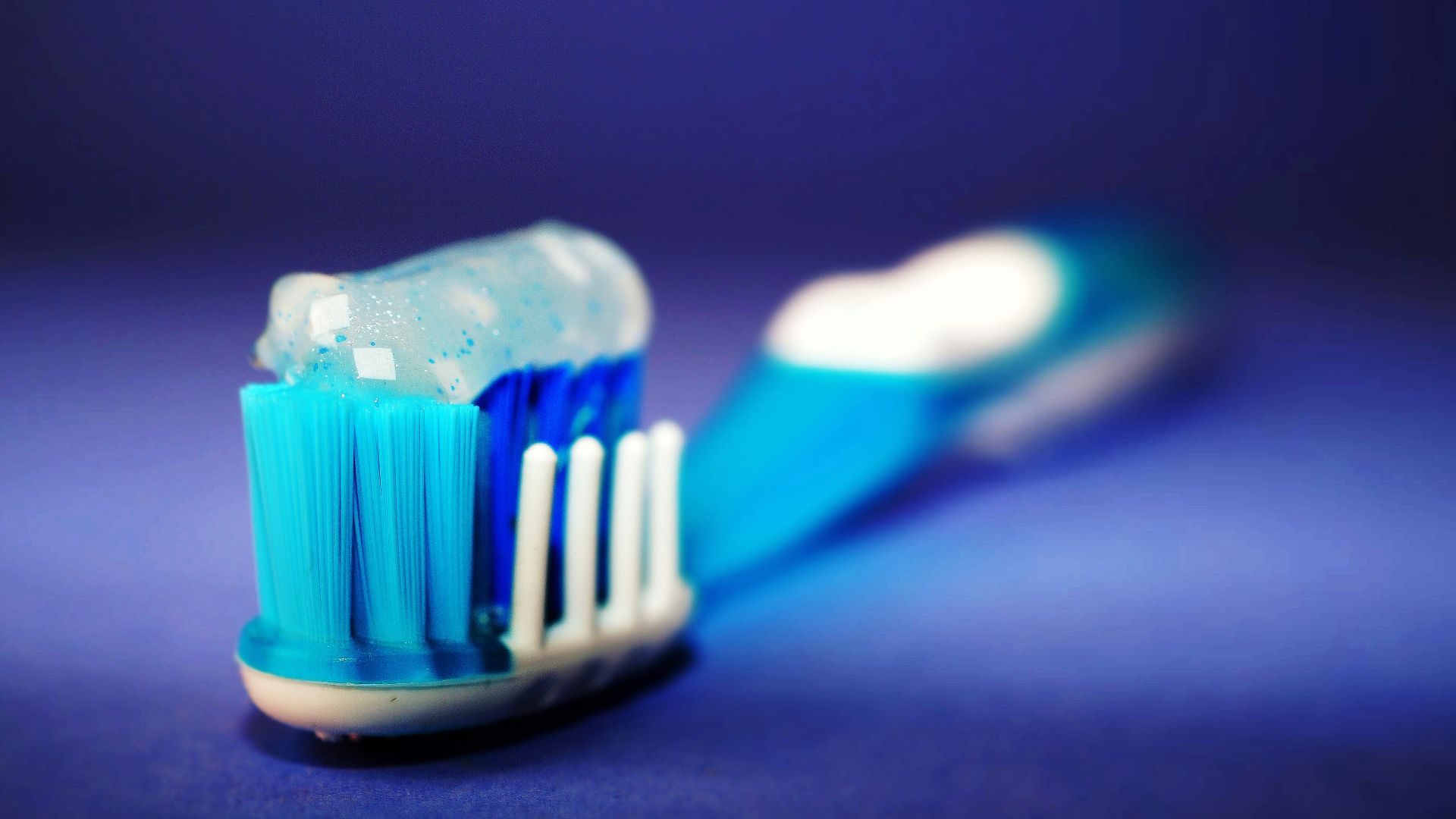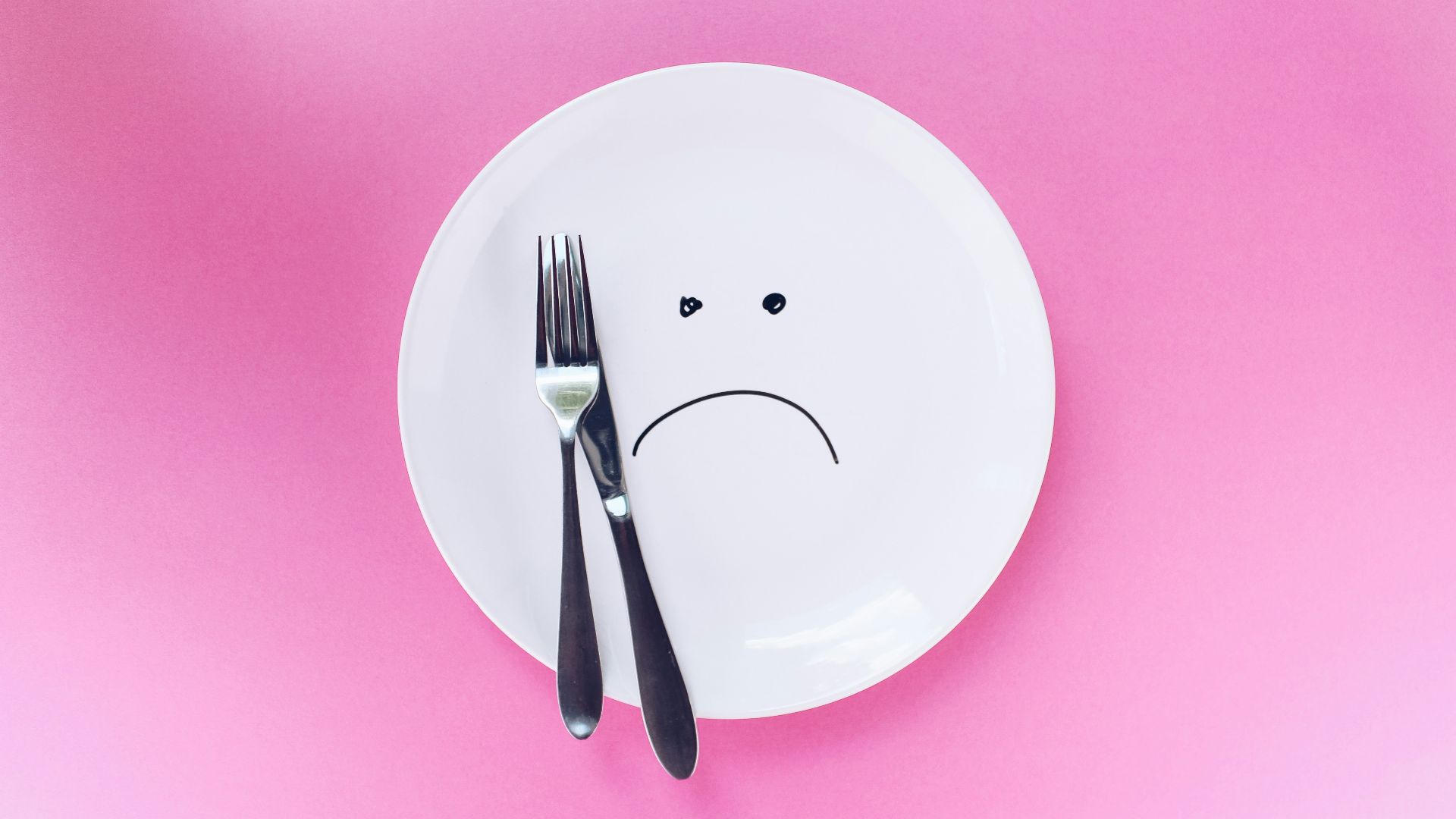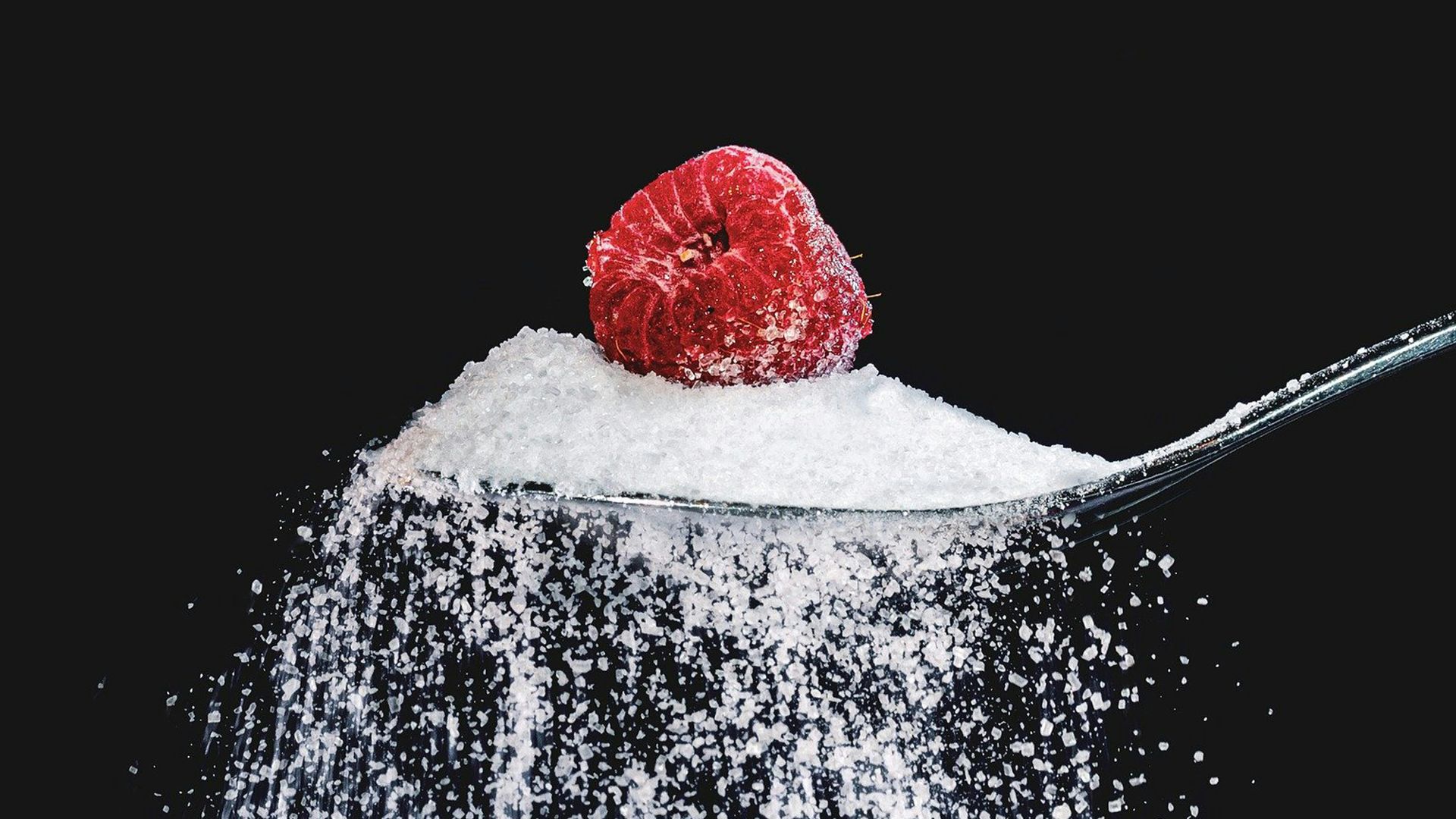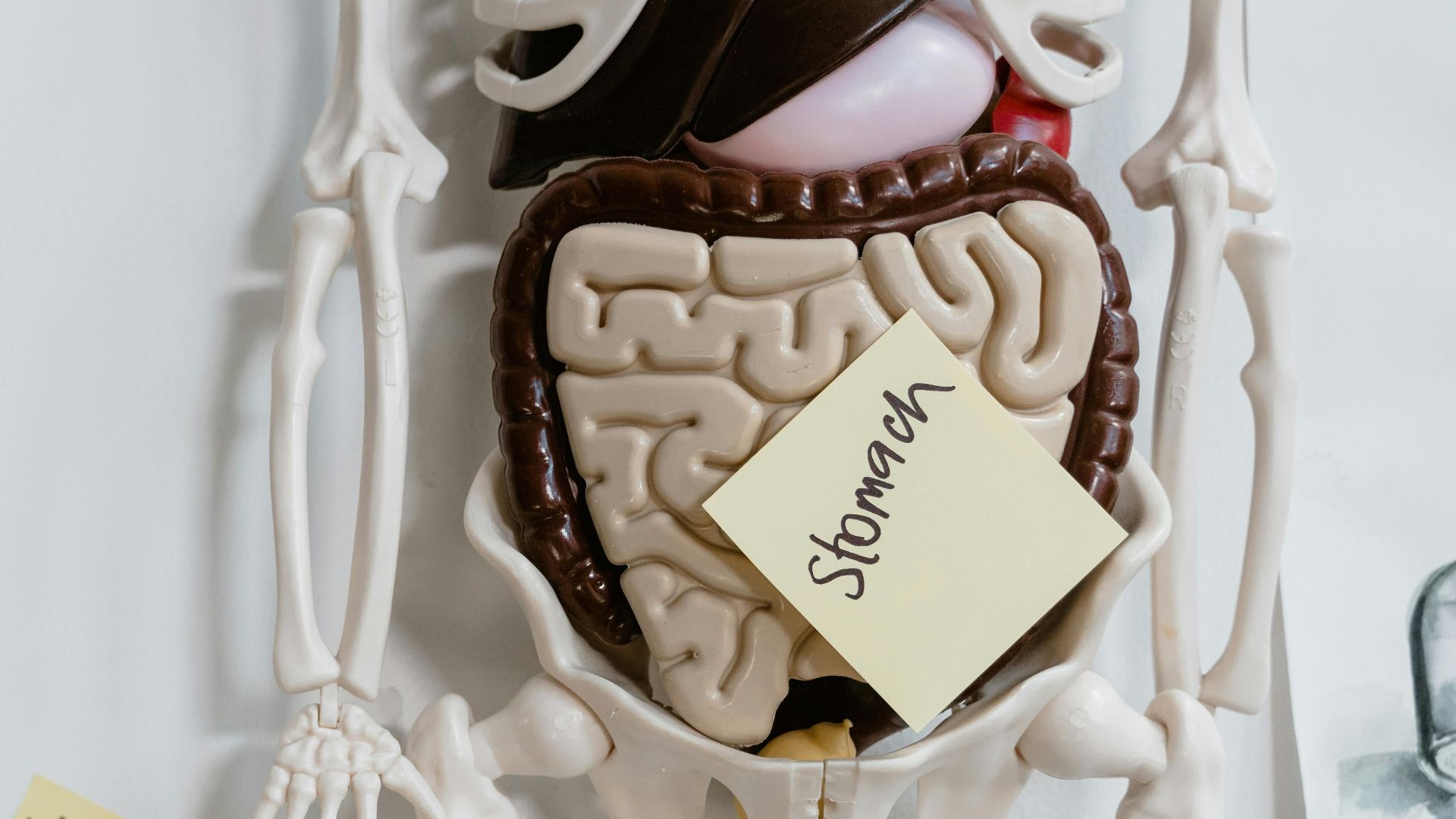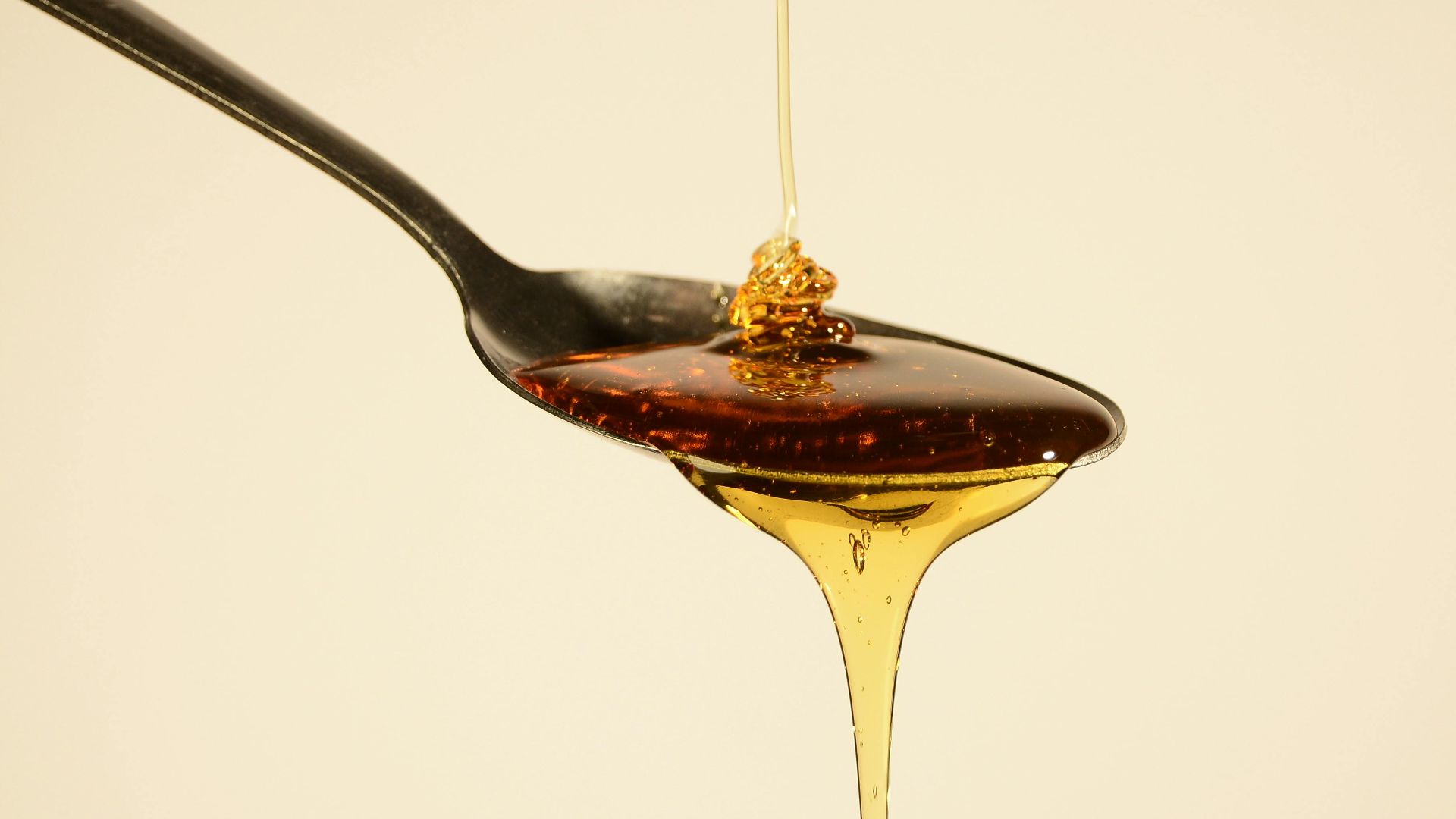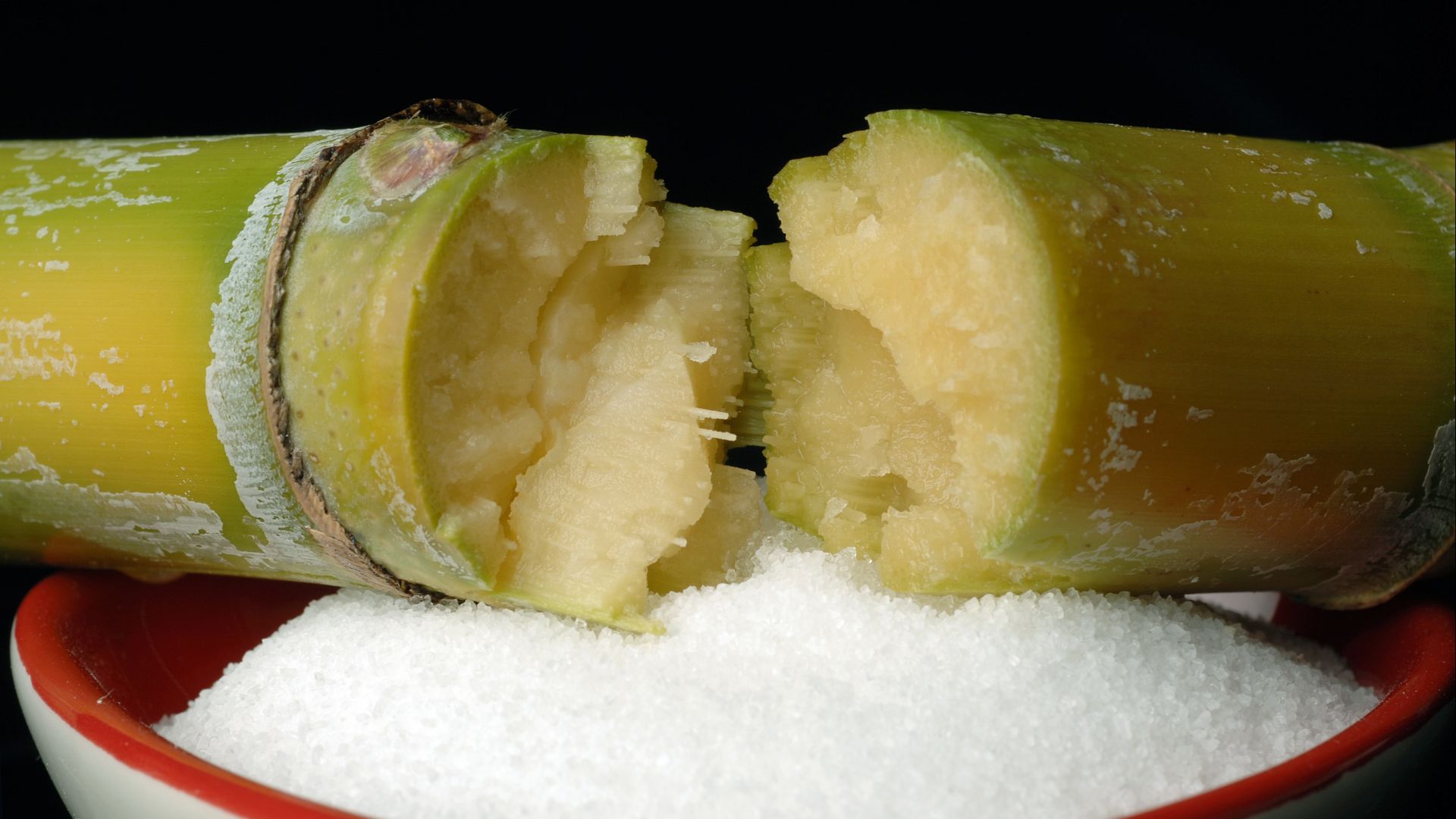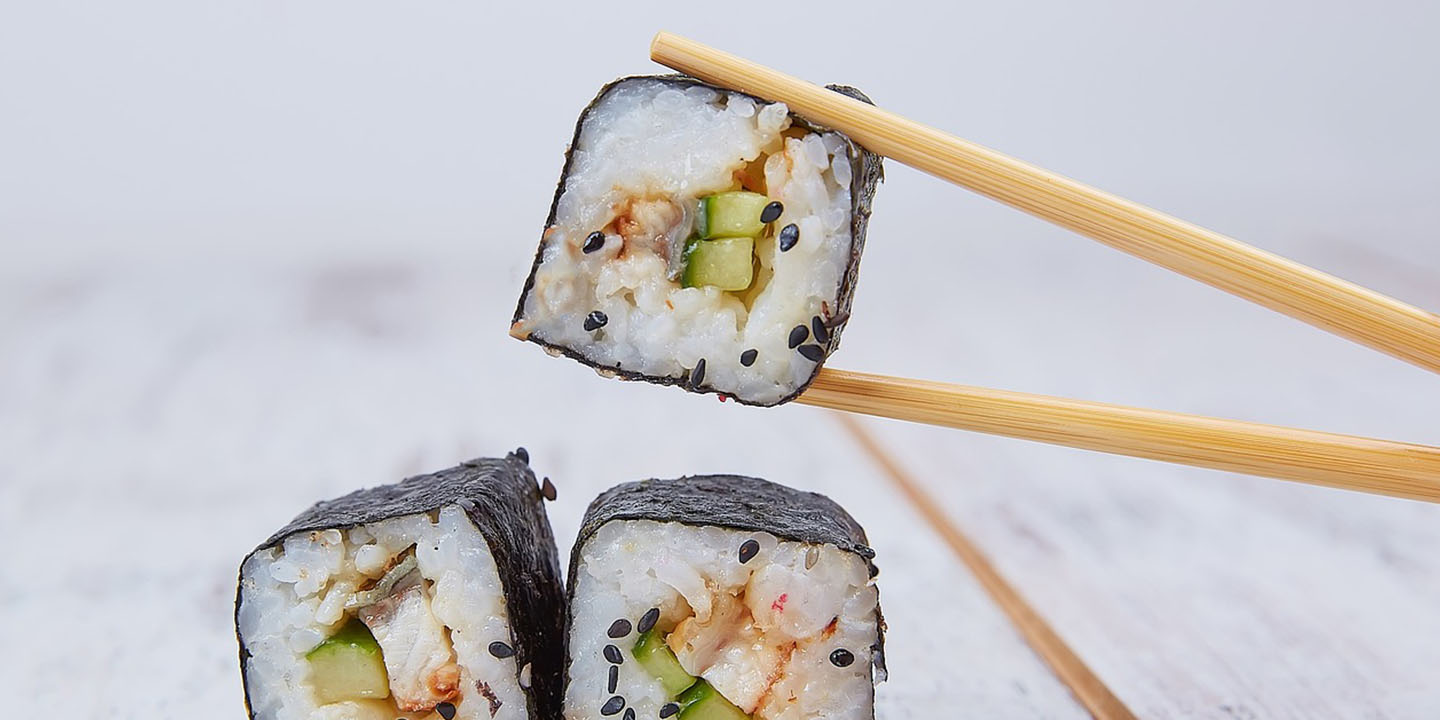10 Dangers of Artificial Sweeteners & 10 Varieties to Avoid
Sugar-Free: Too Good to Be True?
Before you sprinkle that spoonful of Splenda into your coffee, you might want to ask yourself: Are artificial sweeteners really all that healthy? Even though marketing labels like "zero-sugar" and "sugar-free" may influence your perception, it's essential to step back and understand what you're putting into your body. Sure, sugar alternatives might be better for you on the surface, but when they have the potential to weaken your gut, negatively impact your cognition, and increase your risk of cancer, should you still be so trusting?
1. Mental Health Disorders
Research has shown that there may be a link between artificial sweeteners and mental health disorders, like anxiety and depression. In fact, one study showed that women who consumed nine daily servings of artificially sweetened snacks had a 50% higher risk of depression. Other studies have found that those who suffer from mood disorders are particularly sensitive and should avoid artificial sweeteners entirely.
2. Increased Appetite
Although research is still largely inconclusive, some studies have found that artificial sweeteners activate reward pathways in the brain that can increase appetite. Sucralose, for example, was found in one study to spike activity in the hypothalamus, a region in the brain that regulates key body functions, including hunger and thirst.
 Gardie Design & Social Media Marketing on Unsplash
Gardie Design & Social Media Marketing on Unsplash
3. Weight Gain
With increased appetite, you may start to see weight gain. Additionally, while artificial sweeteners often don't contain any (or low amounts of) calories or carbohydrates, they may still affect your body in different ways. Some studies suggest that they disrupt metabolism, and further research has shown that these sweeteners change the gut microbiome, leading to weight gain.
4. Poor Blood Sugar
Artificial sweeteners don't directly raise blood sugar levels in the same way regular sugar does, but they may still increase insulin levels, and your body may react to and treat them similarly to sugar. It's even possible that long-term use could lead to insulin resistance—the very thing people try to avoid by using artificial sweeteners. It's important to exercise caution, and to use them sparingly and in moderation.
5. Cancer
Though the evidence is mixed and research is inconclusive, some studies have shown that artificial sweeteners may increase the size of cancerous tumors. Aspartame, in particular, is classified by the International Agency for Research on Cancer (IARC) as "possibly carcinogenic to humans," and is found in many major food brands like Diet Coke, Trident gum, and Crystal Light.
6. Increased Risk of Stroke & Heart Disease
With a potential to spike appetite and cause weight gain and obesity, consuming artificial sweeteners may lead to an increased risk of stroke and cardiovascular disease. This risk is compounded if you smoke or have a family history of heart disease and diabetes.
7. Increased Risk of Metabolic Syndrome
Metabolic syndrome is a cluster of conditions that make you more susceptible to developing heart disease. It's fairly common in the US, and one in three adults has it. Research has found there may be a link between artificial sweeteners and the development of this syndrome.
8. Headaches & Migraines
Studies have also found that headaches and migraines could be triggered by the consumption of artificial sweeteners. If you're susceptible to these, you may want to avoid aspartame and sucralose in particular, as they've been shown to be the most risky, though it's best to avoid all artificial sweeteners completely.
9. Altered Gut Microbiome
As mentioned previously, artificial sweeteners alter your gut microbiome, as bacteria there react differently to them than they do to sugar. Over time, this may lead to an increased risk of developing gastrointestinal disorders like irritable bowel syndrome (IBS) and Crohn's disease.
10. Increased Risk of Dementia & Memory Loss
While further research needs to be done on how artificial sweeteners affect cognition, some studies have seen a link between them and an increased risk of dementia. In particular, drinking diet sodas may negatively affect your brain than regular sodas, but that doesn't mean one is worse or better than the other.
Now that we've covered some of the dangers of consuming artificial sweeteners, what are some varieties you should avoid? Let's touch on 10.
1. Aspartame
Aspartame, as mentioned, is the sweetener that's been labeled by the IARC as "possibly carcinogenic to humans." Worryingly, you can find many zero-sugar snacks and drinks that use aspartame, such as Diet Coke, Log Cabin Sugar-Free Syrup, 5 Gum, and other candies, desserts, and cereals. Make sure to always check the ingredient list before buying, or look for labels that say "aspartame-free."
2. Saccharin
Saccharin is another artificial sweetener regularly used in sugar-free drinks, candies, and desserts. While it's generally considered safe when taken in normal or small amounts, overconsumption may lead to changes in the gut microbiome and could even increase your risk of developing IBS or certain cancers, like colorectal and bladder cancers.
3. Sucralose
Sucralose, or more popularly known as Splenda, is a widely used artificial sweetener that's often added to hot beverages like coffee and tea. Like saccharin, while it's technically safe when consumed in normal amounts and moderation, one risk it poses is that it may alter gut bacteria and weaken your gastrointestinal health.
4. Xylitol
Xylitol is an artificial sweetener used in zero-sugar gums, mints, and toothpastes. While there are some advantages to it—it won't cause cavities, for one—you should still exercise caution. When consumed in large amounts, it can cause digestive issues like gas and bloating, especially in those with disorders like irritable bowel disease (IBD). New research also suggests that xylitol may increase your risk of heart attack or stroke.
5. Acesulfame K
Also known as acesulfame potassium or Ace-K, this variety is about 200 times sweeter than regular sugar, though it has a slightly bitter aftertaste. It's one of six artificial sweeteners approved by the US Food and Drug Administration (FDA), but there's ongoing controversy regarding whether or not it's safe to use. Research has shown that, when used long-term, Ace-K may alter gut bacteria and your body's metabolism profile, which could lead to weight gain. There are also concerns that it might increase your risk of cancer or the development of chronic inflammation.
6. Sorbitol
Sorbitol is a sugar alcohol that's found naturally in fruits and vegetables, and is lower-calorie than regular sugar. However, consuming sugar alcohols in excess amounts can have a laxative effect, causing gas, bloating, stomach pain, and diarrhea. Furthermore, some experts are concerned that sorbitol—and sugar alcohols in general—increases your risk of certain cancers, like liver cancer, and accelerate cancerous cell growth.
7. Advantame
Ace-K might be 200 times sweeter than sugar, but advantame beats it out of the park: it's 20,000 times sweeter than sugar and 110 times sweeter than aspartame. While it's made from aspartame and vanillin, the body processes advantame differently than aspartame, and little research has been done in studying how it might affect overall health. Given its intense sweetness, you'd only ever need a teeny amount, but it's likely best to avoid it entirely.
8. Neotame
Known best as NutraSweet and Newtame, neotame is another alternative derived from aspartame, and is 7,000 to 13,000 times sweeter than regular sugar. Research has found that it may irritate or inflame the intestinal lining and alter the gut microbiome, which increases your risk of chronic conditions like IBS.
9. Agave Nectar
Derived from the agave plant, while this syrup isn't artificially produced and is often thought of as a healthy alternative to regular sugar, it contains high fructose content, which can have adverse effects. For one, it may increase your risk of type 2 diabetes, insulin resistance, and fatty liver disease. It may also spike bad cholesterol levels, making you more susceptible to developing heart disease.
10. Raw Cane Sugar
Raw cane sugar is another type of sweetener that, while naturally derived from sugarcanes, isn't all that healthy for you. Even though it's often treated as a healthier alternative to sugar, its composition is similar to that of sucrose, which means it can still cause weight gain and increase your risk of diabetes and cardiovascular disease.
KEEP ON READING
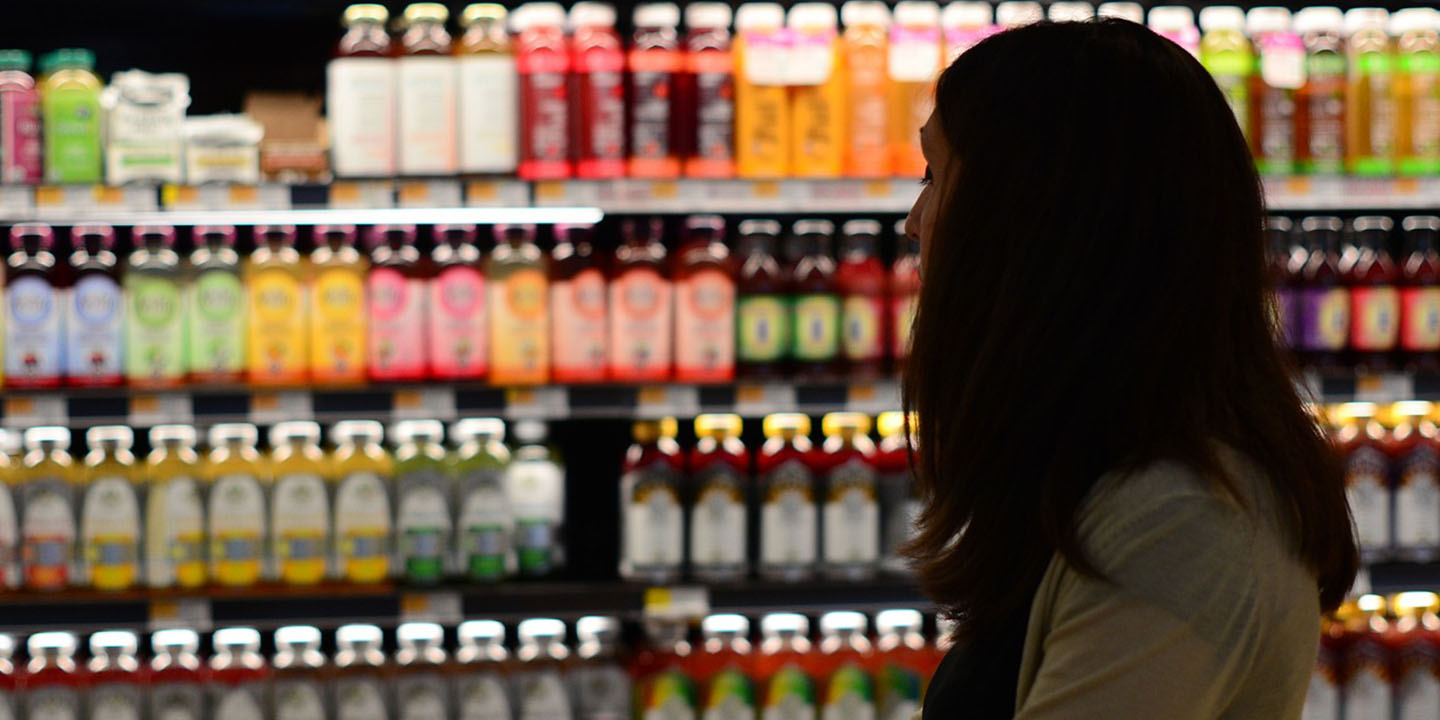
The 5 Most Consumed Foods in the Entire World



